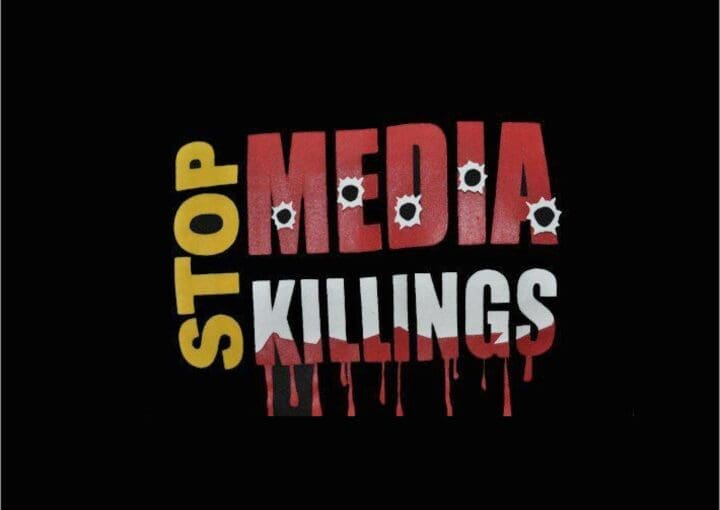Cybercrime is generally understood to be a crime that is committed using a computer network or the internet. Cybersecurity is the management of cybercrimes including tools, policies, security safeguards, training and technologies that can be used to protect the cyber-environment and organisational and user’s assets.
Not only does cybercrime pose a threat to human rights, but it also has a real and costly effect on the economy. McAfee Corporation found that as of December 2020, the global losses occasioned by cybercrime have exceeded $1 trillion (USD).
Concerningly, many cybercrimes have a particularly gendered nature, such as cyberstalking and the non-consensual distribution of intimate images online. Regulation is therefore necessary to curb the effects of cybercrime and to protect fundamental rights.
Summary Modules
Media Defence has developed a series of summary modules which describe the different types of cybercrimes, track the trends in Africa, and evaluate how cybercrimes are dealt with in international law.
While the rapid and steady rise in cybercrimes is cause for concern, cybercrime legislation is also being used to limit freedom of speech, and must be treated with caution. The following summary modules provide an overview of some of the challenges involved in attempting to tackle cybercrimes.
Advanced Modules
While cybercrime itself poses a threat to various human rights, it is important to bear in mind that aggressive cybersecurity measures may also jeopardise an array of rights.
“Many countries have recently implemented data protection laws, but even these laws often do not sufficiently cover cybercrimes, and the evolving nature of such crimes necessitates states to continuously adopt new measures to adapt to new technologies and techniques.”
Media Defence’s series of Advanced Modules on Digital Rights and Freedom of Expression online provide a more comprehensive review of current developments and jurisprudence in the field of digital rights. In combination with the Summary Modules above, these resources form the basis of our introductory and advanced litigation surgeries. The Advanced Modules have been designed to assist lawyers representing journalists, bloggers and other online media in East, West and Southern Africa. They include emerging trends in digital rights as well as tools and advice on litigating cases at the national and regional levels.
Emerging Trends: Surveillance & Encryption
Encryption is a critical tool in the defence of freedom of expression online, allowing journalists, lawyers, human rights activists, and ordinary people to communicate securely, but is coming under threat from governments and law enforcement seeking to access communications to prevent crime. Evidence does not show, though, that encryption is a major barrier to these goals, but is crucial in protecting free expression.
See moreKey Case Law
Case law on cybercrimes has evolved substantially in recent years. In Africa, in particular, repressive cybercrimes laws have been challenged in courts, to varying degrees of success.
The High Court in Kenya held that a new digital identity system could only be implemented subject to the improvement of the existing data protection laws.
The Supreme Court of India invalidated Section 66A of the Information Technology Act of 2000 in its entirety, holding that the prohibition against the dissemination of information by means of a computer resource or a communication device intended to cause annoyance, inconvenience or insult did not fall within any reasonable exceptions to the exercise of the right to freedom of expression.
The Supreme Court of Philippines ruled that several provisions of the Cybercrime Prevention Act of 2012 violated freedom of expression and privacy.
The High Court of Kenya emphasised that the state has a duty to demonstrate that cybercrimes laws are permissible in a free and democratic society, to establish the relationship between the limitation and its purpose, and to show that there were no less restrictive means to achieve the purpose intended.
Factsheets
Media Defence’s Work
Emerging Trends: Intermediary Liability
Dramatic changes in the information eco-system have created new complications for who is responsible for illegal or unethical content online.
See more





